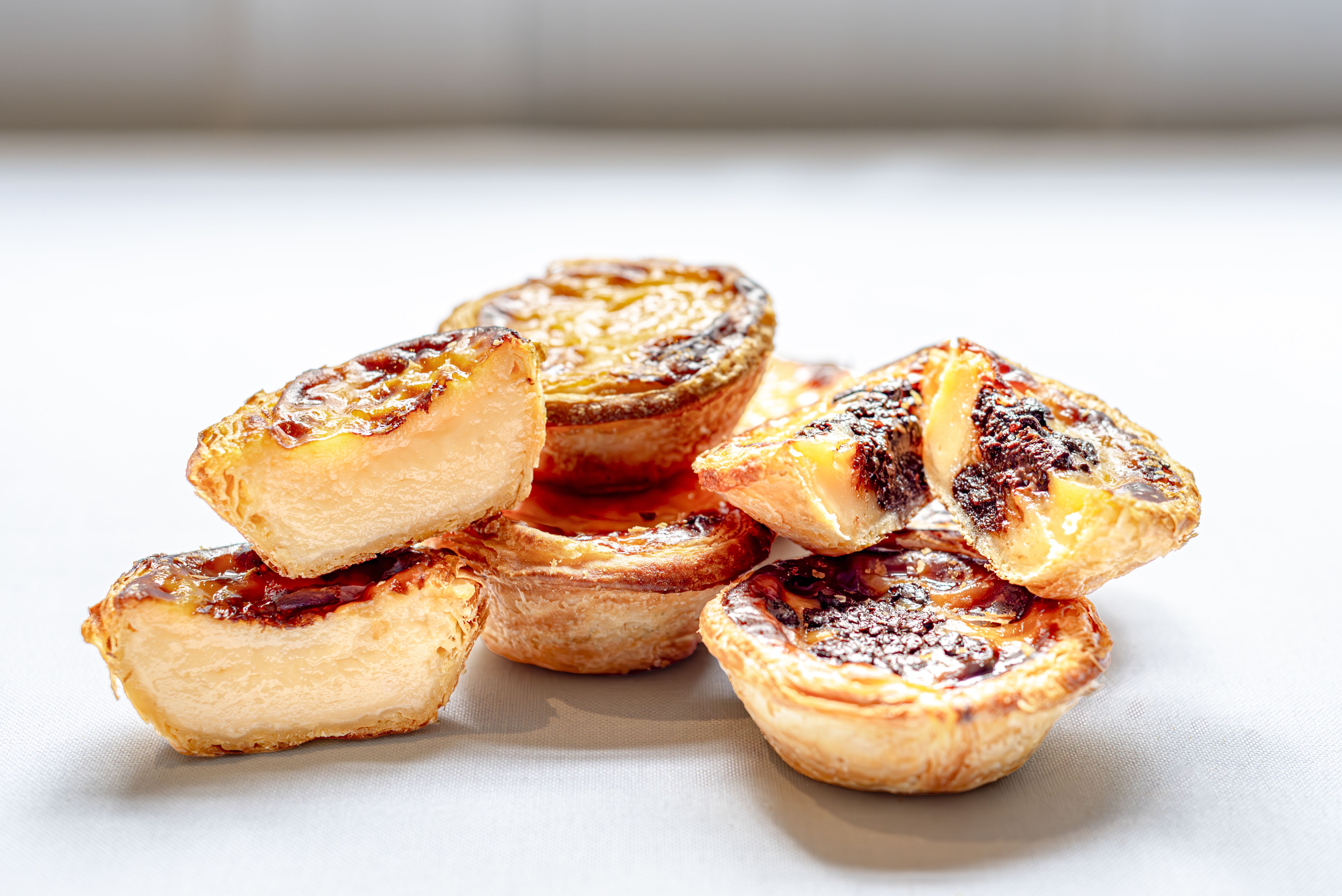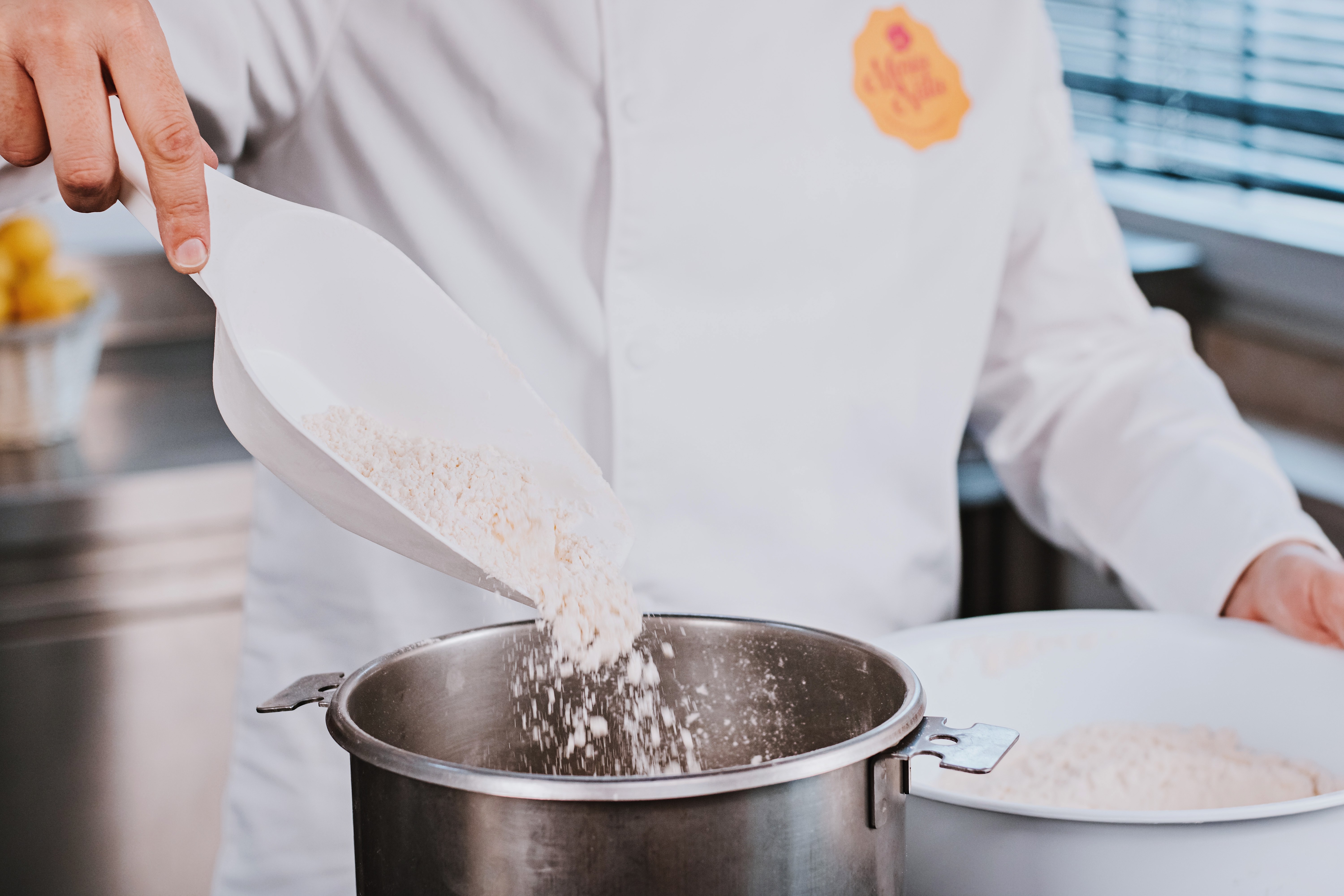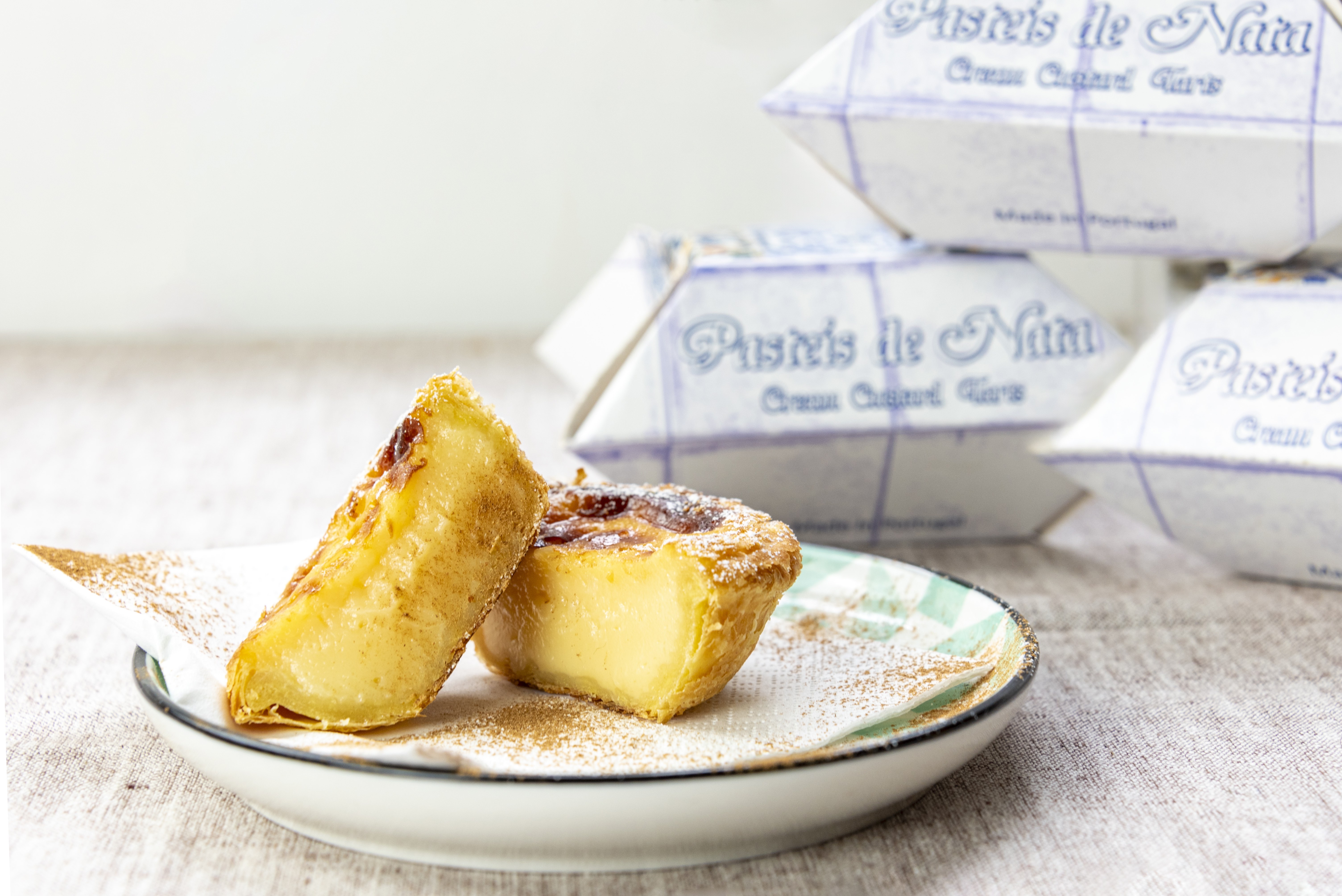Consumers are becoming increasingly conscious of the trade-off between health and indulgence in pastry, and this is reshaping product development, positioning and communication across the category.
Rather than abandoning treats altogether, many shoppers are actively looking for “healthier indulgence” – products that deliver pleasure while better aligning with their wellness goals. This balancing act is now a mainstream driver of innovation, from portion-controlled formats to recipes with improved nutritional profiles.
New consumer research shows that bakery shoppers are scrutinising nutritional labels more closely and expecting pastries to offer more than empty calories. Concepts such as “indulgence without guilt”, “guilt-free treats” and “balanced indulgence” capture this desire to enjoy sweet moments without abandoning long-term health ambitions.
Manufacturers are responding with pastries that cut sugar and fat, add fibre or protein, and use more natural, recognisable ingredients, while still delivering satisfying texture and flavour. Examples include high-fibre cookies, protein-enriched pastries and “clean label” treats made with straightforward ingredient lists and functional components for gut health or sustained energy. There is also strong growth in plant-based and free-from formats, which allow shoppers to meet dietary needs or ethical preferences without feeling they are missing out on indulgence.
For pastry and patisserie brands, the opportunity is to position products clearly along this health–indulgence span and communicate benefits in simple, credible language. Recipes that combine clean-label credentials with measurable nutritional upgrades, smart portioning and sensory appeal are best placed to win with consumers who “want to have their cake and eat it too.”
Quick bites
Jason's Sourdough's rise powered by a clean label strategy
Warburtons responds to fibre appeal with new range
https://www.warburtons.co.uk/news/fibre-black-holes/
Balancing health and enjoyment grows breakfast market

.jpg)

.jpg)








.jpg)















